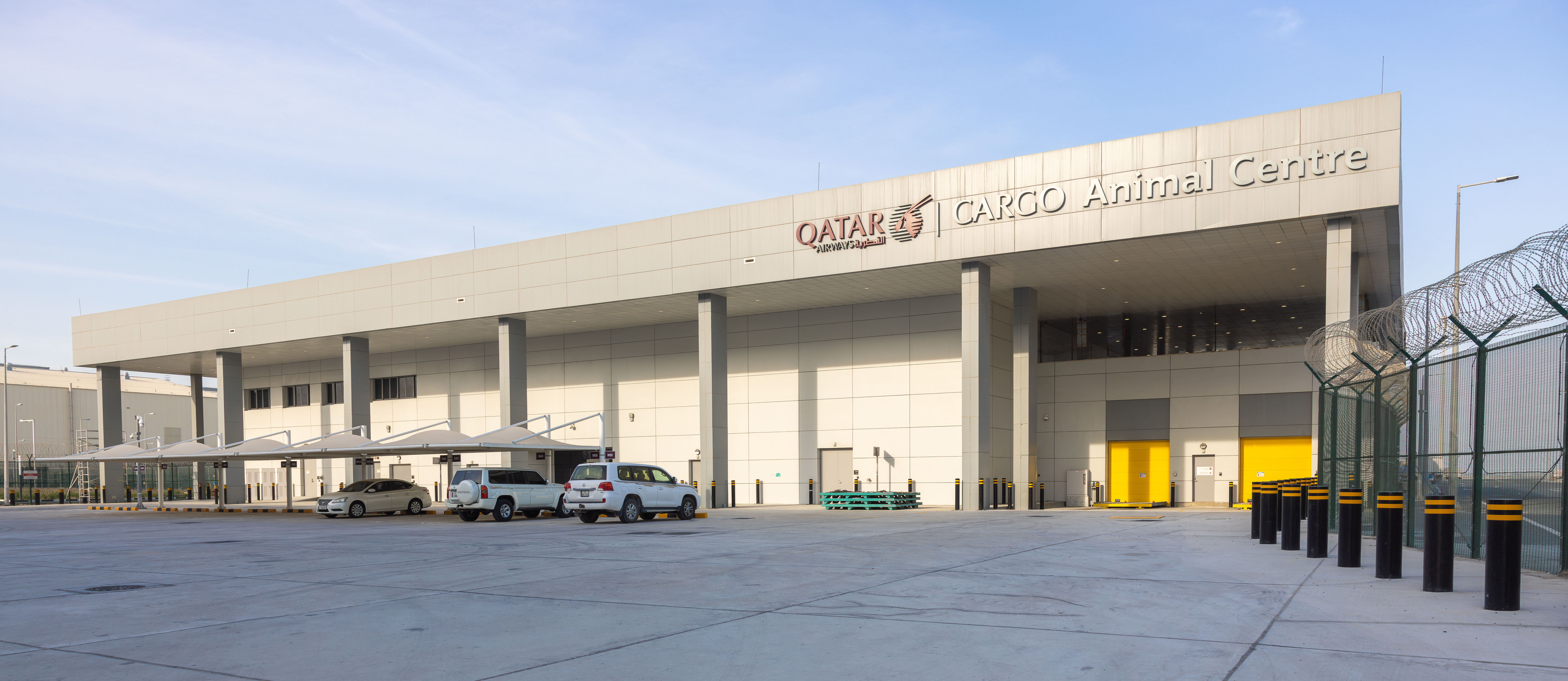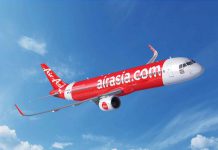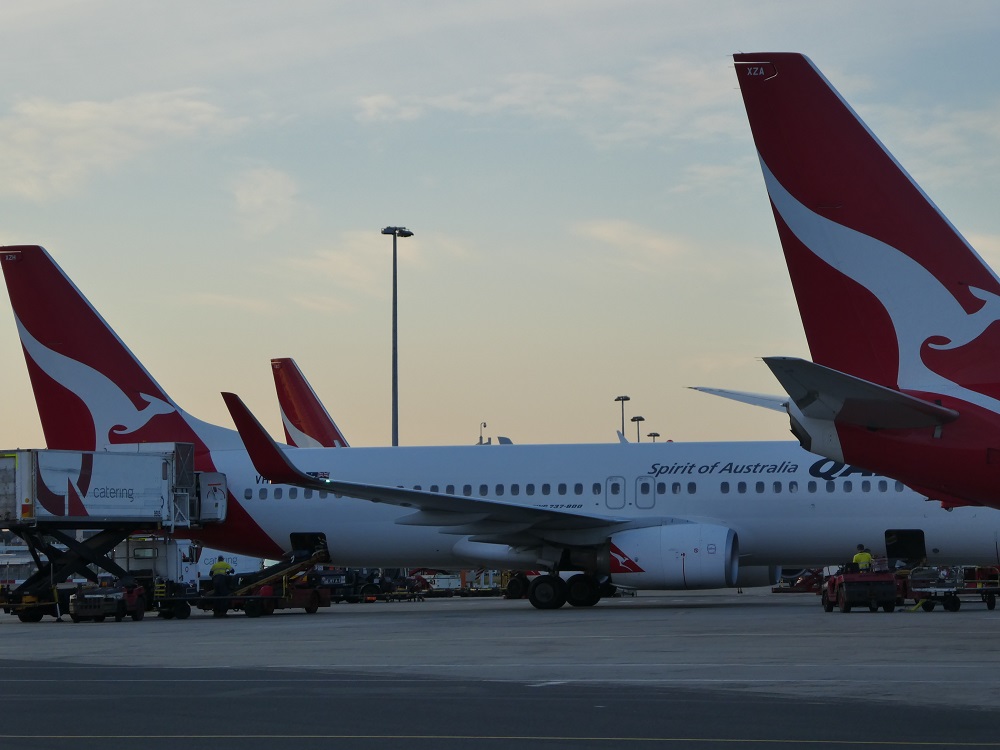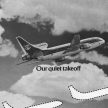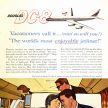Staff at Australian airports will face random checks for explosives as the government rolls out new security measures aimed at foiling terrorists.
Transport Minister Darren Chester announced the amendments to aviation security legislation Sunday. They will be implemented progressively to allow airports to adopt them without affecting efficiency and will apply to about 140,000 workers with aviation security identity card.
“Airport workers, together with their vehicles and belongings, will be randomly selected for explosive trace detection testing and other screening when entering or working in secure airside areas at major airports,” Mr Chester said in a statement.
“Other measures being introduced include stronger access controls and additional security awareness training for aviation workers.
“These measures strengthen existing controls to ensure airport workers are authorised, properly identified and appropriately trained before entering secure airside areas. They may also be subject to security screening in the course of their duties. ‘’
The new security measures come after authorities foiled an alleged terrorist plot to smuggle explosive in luggage aboard an Abu Dhabi-bound plane at Sydney Airport in July.
However, the legislation enabling the random checks pre-dated the incident and was passed in March.
Independent Senator Nick Xenophon described the proposal as a joke.
“Australian aircraft passengers deserve the world’s best practice when it comes to security but the government’s measures fall well short of it,” Xenophon told AAP. “In countries like the US, all airport staff are required to be screened. Our government’s approach to random inspections is a joke.
“Systems of checking can be easily bypassed. People with evil intent can be tipped off by mates and avoid random screening.”
Chester said he had taken the advice of experts in transport security who consulted with the intelligence community.
The advice was for “random and unpredictable checks” was also in accordance with International Civil Aviation Organisation requirements, he said.
Australia beefed up passenger screening in the wake of the alleged plot against Etihad and it has remained at a higher level than in the past.
There has been speculation the government is looking at requiring passengers to produce photo identification before boarding domestic flights, something airlines can currently require from travellers but do not always check.
A wider move by Australian authorities will give federal and state police access to a database of millions of driver’s licence photographs as part of a national facial recognition scheme.
Chester confirmed that photo ID for domestic flights was under “active consideration within security circles”.
” But in terms of is it safe to travel right now in Australia, I’d say it is,” he told ABC radio. “I travel almost on a daily basis and I want to reassure the travelling public that we are doing everything within our power to keep it as safe as it possibly can be.”


